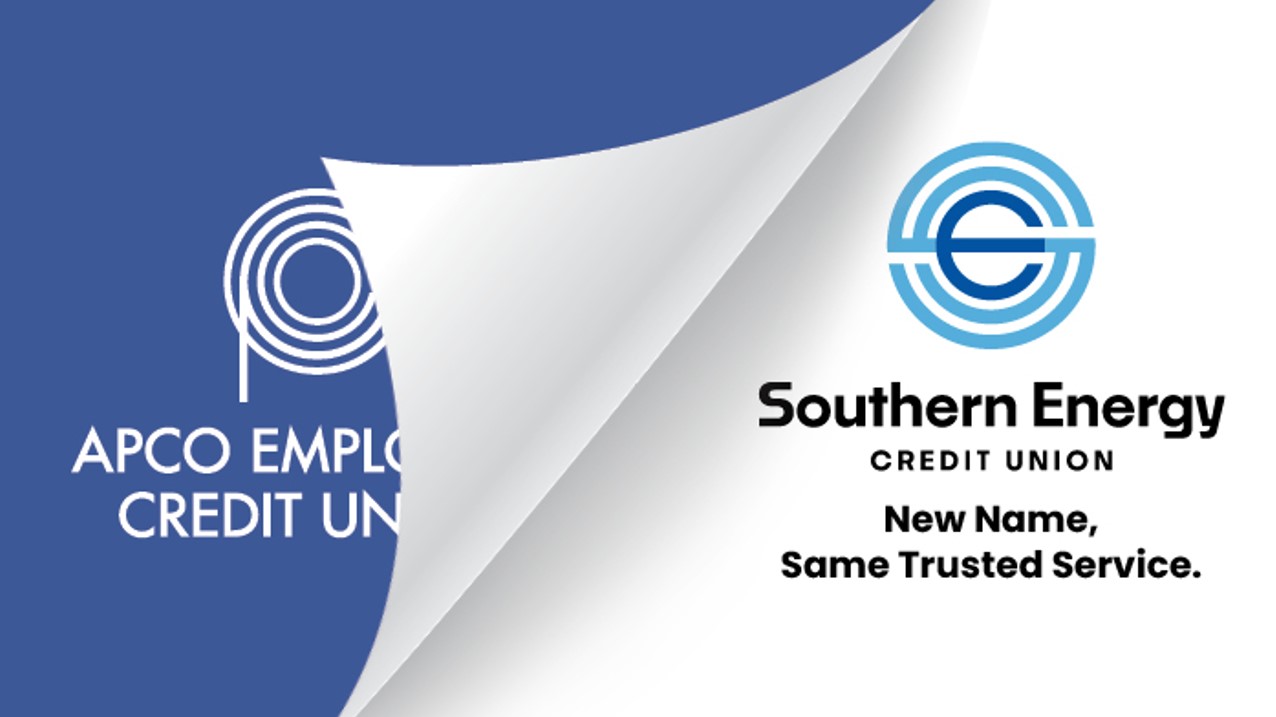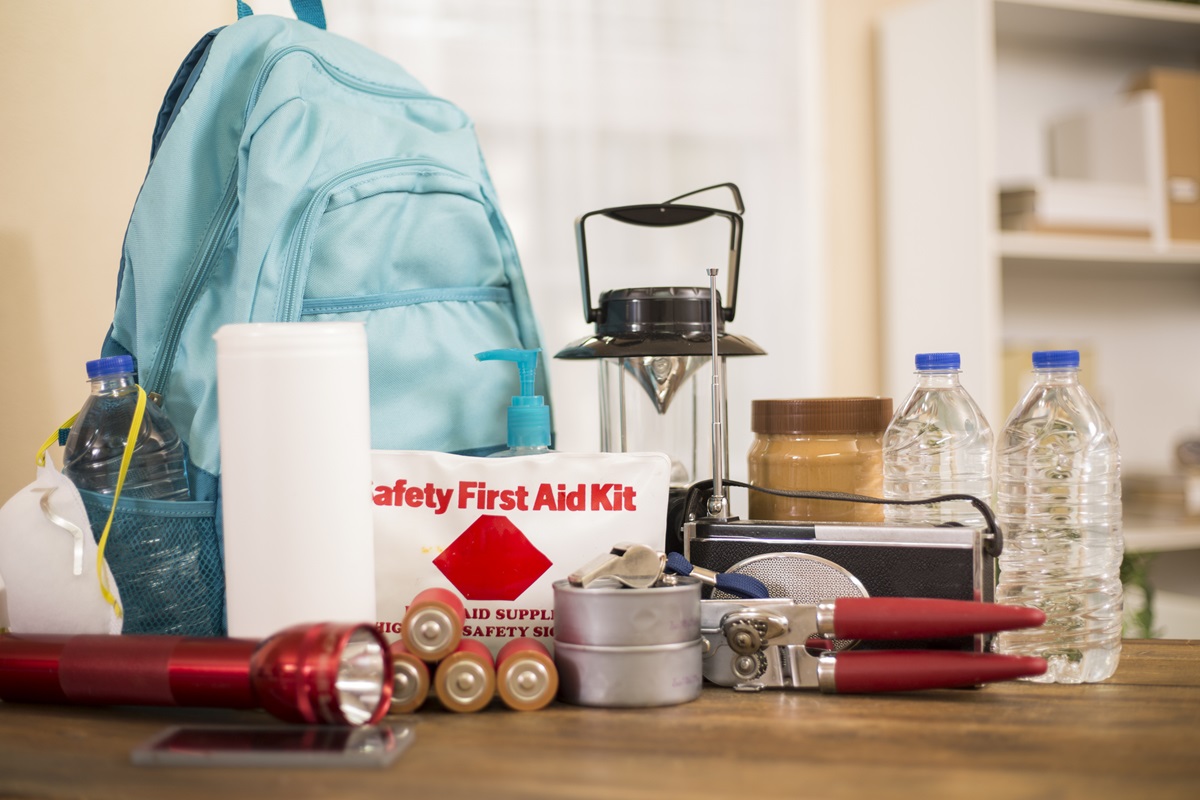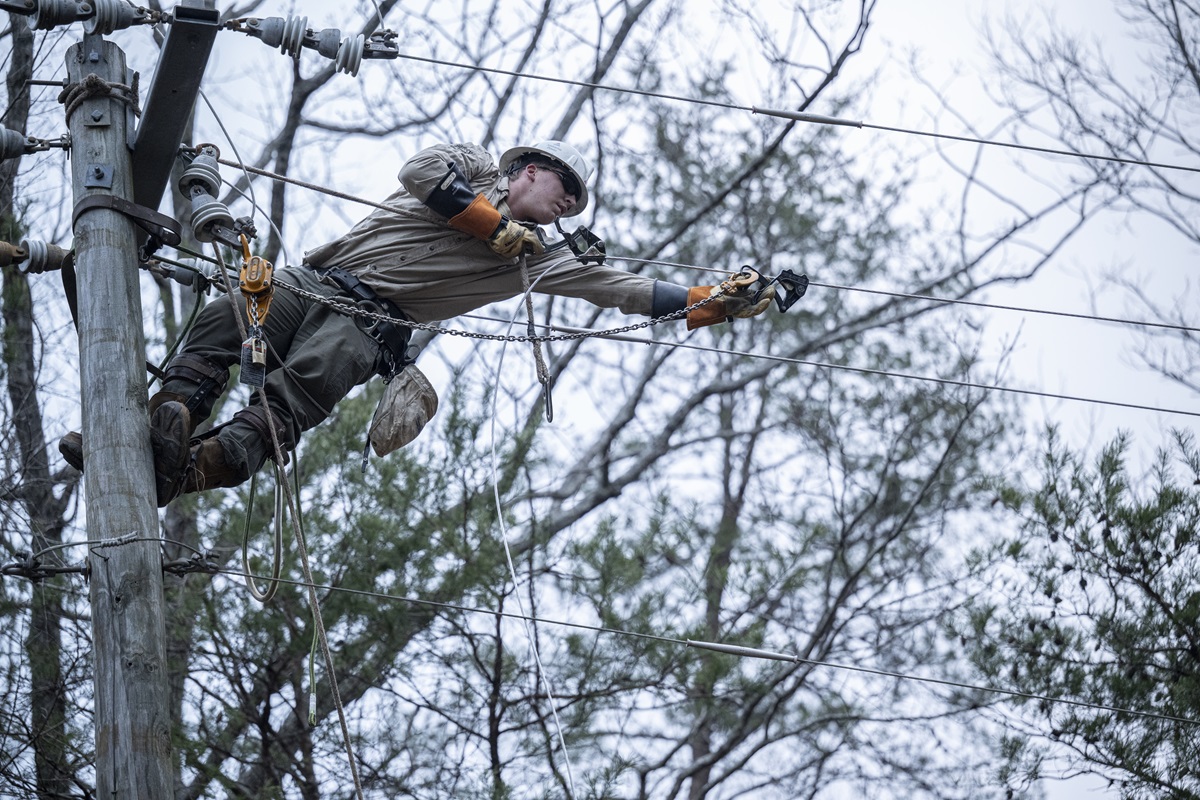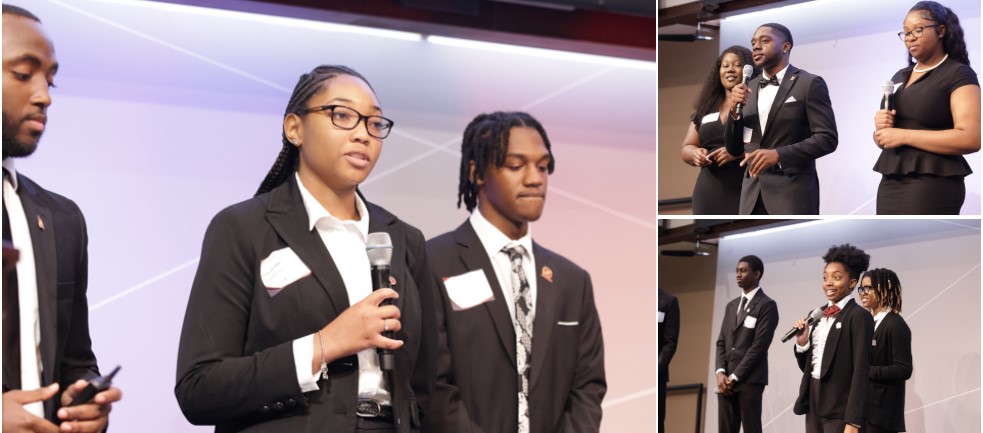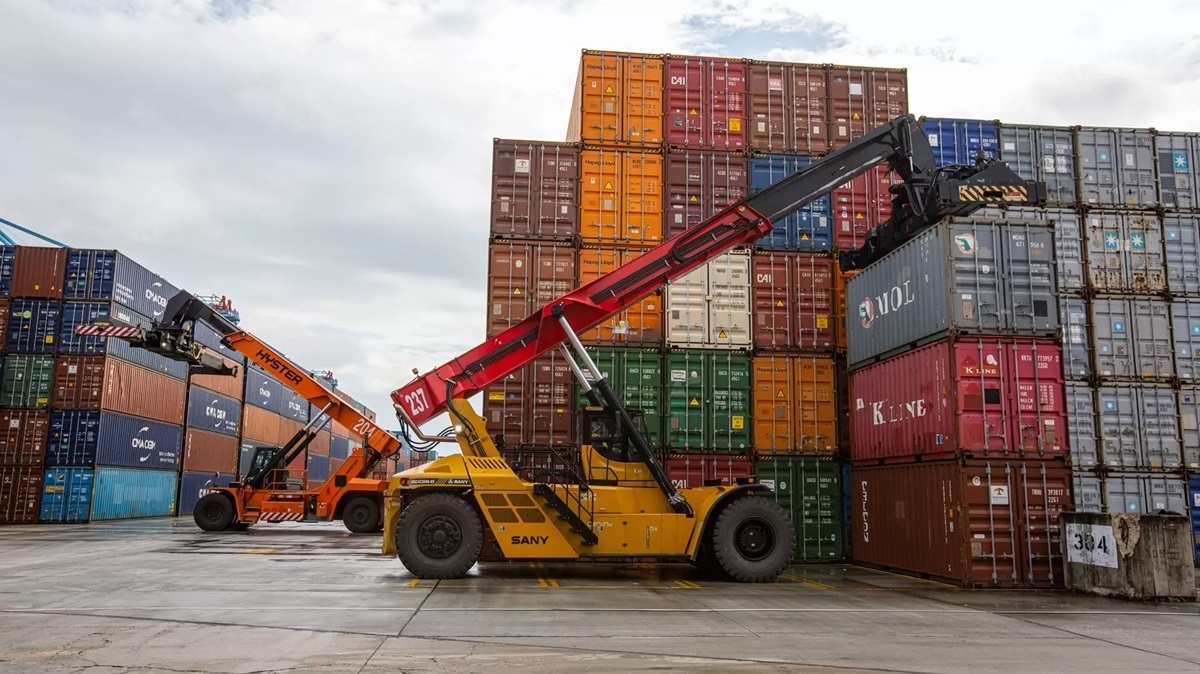$17.8 million grant offers hope of new future for Alabama workers displaced by COVID-19

A $17.8 million federal grant through the Reimagine Workforce Preparation (RWP) program offers a hopeful future to displaced workers in the state’s hardest-hit industries. (contributed)
The damage from the COVID-19 pandemic on Alabama’s economy has been staggering. Businesses across the state have closed for months at a time, sales have plummeted and, in the worst cases, companies have shuttered their doors permanently. Hundreds of thousands of employees have been sent home, forced to work reduced hours or, too often, have lost their jobs.
Since March, almost 800,000 Alabamians have filed initial unemployment claims, according to state Department of Labor figures. Alabama’s unemployment rate climbed from a record low 2.7% in February to as high as 13.8% in April. While the economy has recovered somewhat, with unemployment dropping to 5.6% and more than 131,000 Alabamians in August (the most recent figure available), thousands more remain underemployed.
A $17.8 million federal grant through the Reimagine Workforce Preparation (RWP) program offers a hopeful future to displaced workers in the state’s hardest-hit industries. Alabama is one of eight states to win the grant through the U.S. Department of Education. The $17.8 million comes from the federal coronavirus relief bill and is in addition to the $1.9 billion Alabama received from the rescue package in March.
The Alabama Department of Commerce will administer the funds to support the Alabama Workforce Stabilization Program (AWSP).

Alabama Gov. Kay Ivey has asked the Alabama Department of Commerce to administer millions of COVID-19 relief dollars in a new grant as part of the Alabama Workforce Stabilization Program. (Hal Yeager / Governor’s Office)
“As governor of Alabama, I have tasked my administration with empowering business and industry to serve at the forefront of education and workforce training program development. The Alabama Workforce Stabilization Program, funded by Alabama’s Reimagining Workforce Preparation grant, allows us to operationalize our vision for demand-based workforce training by putting employers at the center of developing and delivering workforce training programs alongside our providers,” Gov. Kay Ivey said.
The AWSP focuses efforts on retraining and teaching new skills to those in occupations that COVID-19 has hit the hardest: administrative support, waste management and remediation services; accommodations and food services; educational services; arts, entertainment and recreation; and manufacturing. The affected workers will go through education and training programs to learn new skills for the most in-demand industries: advanced manufacturing; health care; information technology; transportation, distribution and logistics; and construction.
“The AWSP will assist individuals who have been displaced by COVID-19 with returning to the workforce, helping new workers with barriers to entering the workforce enter into in-demand occupations, and helping underemployed and low-wage workers transition into better paying, more fulfilling employment,” the 25-page project narrative said. “The AWSP will also help Alabama businesses to avoid layoffs, upskill current employees and develop new talent pipelines.”
The Alabama Community College System (ACCS), the Alabama Technology Network (ATN) and Alabama Industrial Development Training (AIDT) will deliver the training programs over the three-year period for the grant.
“With locations in nearly every community across our state, our community colleges are connected with their local communities and are committed to ensuring Alabamians have access to the education and skills training they need to obtain good jobs and build a better future,” said ACCS Chancellor Jimmy Baker. “The AWSP grant will allow us to expand these efforts even further to provide in-demand credentials and industry-recognized training to streamline the workforce pipeline.”
Community colleges suffered due to COVID-19 after Ivey’s emergency stay-at-home order in March to close for spring and summer terms and send home more than 73,000 for-credit students and tens of thousands of adult basic education and noncredit students. Nearly half of the students were enrolled in career and technical education or workforce preparation programs, according to the project narrative. Community colleges are widely viewed as a key cog in Alabama’s workforce development efforts.
“Third-party intermediaries,” as the project narrative refers to them, will work with ACCS and ATN to develop the training standards for each high-demand sector.
Manufacture Alabama, the trade group representing manufacturers and their partner industries, will help with the advanced manufacturing sector training. George Clark, Manufacture Alabama’s president, is also chairman of the State Workforce Investment Board and helped AWSP secure the grant.
“This is a huge step in the right direction for workforce development in the state, particularly in response to the COVID-19 pandemic,” Clark said.
Other third-party groups and their sectors are:
- Pack Health, a digital health coaching company based in Birmingham, and the Alabama Nursing Home Association – for health care.
- Innovate Birmingham, which provides career development for aspiring tech professionals – for information technology.
- Alabama Automotive Manufacturers Association, which promotes education, improvement and growth of the automotive manufacturing industry in Alabama – for transportation, distribution and logistics.
- Alabama Construction Workforce Alliance, which advocates for strong training standards in the construction industry – for construction.
The program is expected to begin as early as the second quarter of 2021 and training sessions typically will last about eight weeks. The AWSP will help at least 200 businesses recruit and retain qualified employees for jobs in these high-demand sectors. Over three years, the program will serve almost 8,000 people and provide wraparound services to offset costs for transportation, childcare, housing and equipment costs, according to the project narrative.
The grant was applied for by the state of Alabama and in partnership with Pack Health through the Alabama Workforce Council’s Public-Private Partnership (AWC-PPP) committee. Facilitated by the Alabama Power Foundation, the AWC-PPP committee works with nonprofits and businesses to bring federal grant dollars to the state through technical assistance. The committee also works to remove barriers to education and enhance workforce sectors.





